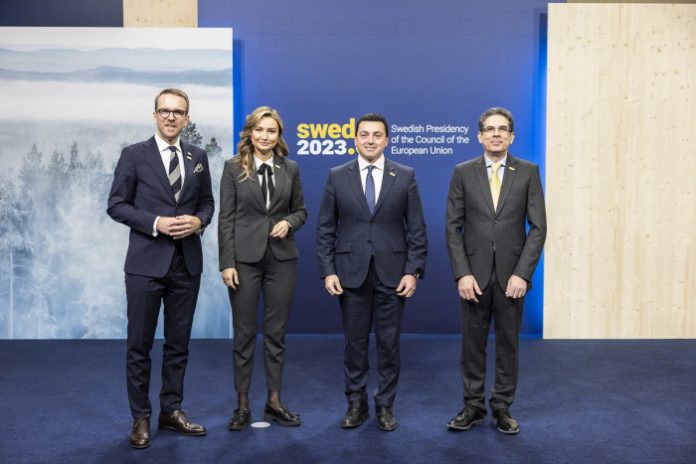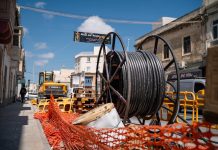
Recent years have increasingly shown how the transport and energy sectors are intertwined to the point that the challenges faced in one sector impact the other. If we are to ensure that we are successful in developing both sectors whilst also reaching our climate targets, we need to move forward together in parallel.
This was stated by Minister for Transport, Infrastructure and Capital Projects Aaron Farrugia during an informal council meeting for Transport and Energy Ministers in Stockholm.
The Minister stated that Malta has limited modal shift opportunities, with road transport being the only available and feasible option to travel inland, whilst maritime and aviation transport being the only option for our connectivity to mainland Europe and the rest of the world. These geo-physical limitations, and the lack of natural resources providing our country with further options towards cleaner energy investments, results in electrification of the transport fleet being our only option.
He explained that the Government is working on investing in the right infrastructure, with 340 charging points already in place and with a further 1,200 charging points planned to be deployed by 2024. In parallel, the Government has launched schemes to encourage people and businesses to switch to electric vehicles.
Additionally, the Minister continued explaining that Malta’s TEN-T ports are being upgraded with on-shore power supply infrastructure while the recently launched National Aviation Policy creates a balance between the socio-economic benefits, working towards our decarbonisation goals while preserving the connectivity and competitiveness of our country.
Minister Farrugia stated that our country needs to be adequately equipped with secure, reliable, and affordable energy supply. He said that the past year has proved challenging, and we experienced surging unjustified transport costs, which were borne by our businesses and citizens. He stated that once Malta is moving towards the electrification of the transport fleet, the electricity market in place must be fit-for-purpose and reflective of the current and future energy mix. Thus, Malta looks forward to receiving the Commission’s Proposal in this respect.
“Besides, we must ensure that the demand and supply side of EU legislation are in sync, to avoid stranded assets. Together, we need to continue investing in the development of cleaner fuels that are affordable, safe, and readily available for all. When it comes to the supply of electric vehicles, Malta relies on the European market which does not sufficiently cater for electric right-hand vehicles. Thus, we need to guide and support the European industry to ensure that it adheres to the necessary standards. This will guarantee that collective targets are achievable and future proof for all the stakeholders concerned,” concluded Minister Farrugia.
Photo: MTIP









